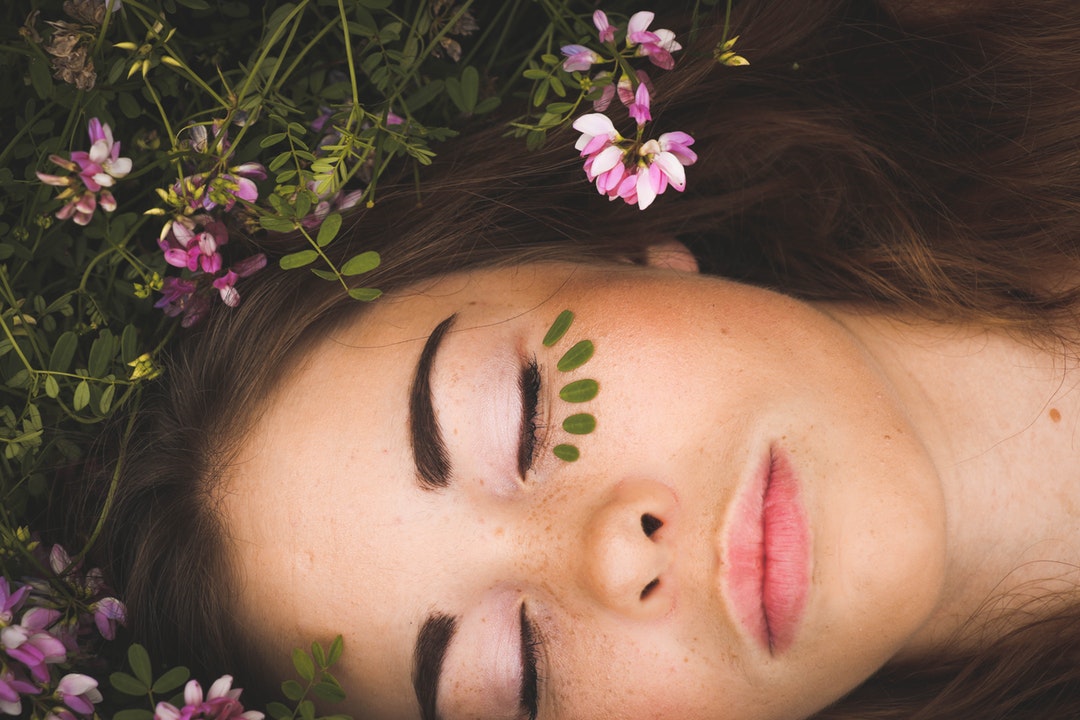As the human body’s largest organ, the skin is one of the most important things we have to take care of. When you’re in your 20s especially, your skincare routine will have a direct impact on the way your skin looks and feels for the rest of your life.
Here are six common skin problems you might experience in your 20s, as well as ways you may be able to help alleviate symptoms.
1. Acne
Ah, if only we could just leave acne behind in our terrible teenage years. Lots of 20-somethings will still get the occasional pimple from time to time, whether it’s due to stress, hormones, pore-clogging beauty products, excess oil or just bad skin care habits. Some people in their 20s also experience enlarged pores, which makes them more susceptible to breakouts.
If your acne does not respond to a standard skin care routine, consider getting a prescription that will treat your acne without drying out your skin like many over-the-counter remedies do.
2. Dehydration
Dry skin is something that affects people of all ages, but you may first begin to notice it in your 20s. The solution to this issue is usually simple: moisturize as much as possible. You should be moisturizing your face after every wash — so, ideally, twice a day. If you’re experiencing increased episodes of dryness in your skin, you might even want to moisturize regularly throughout the day as well.
Untreated dehydrated skin eventually leads to chronic inflammation, causing premature wrinkling. Nip dry skin in the bud as soon as you notice it to keep your face wrinkle-free for much longer!
3. Inflammation
Inflammation of the skin is one of the primary causes of many of the common visible skin issues people in their 20s will experience. Signs of skin inflammation include acne, cysts, blotchiness and other abnormalities.
To minimize skin inflammation, be sure to keep your skin as clean and moisturized as possible. If you’ve been outside or wearing sunscreen, cosmetics or other products, wash them off thoroughly as soon as possible. Inflammation is a common reaction to oils, medication, hormones and other triggers, so avoid them whenever possible.
4. Discoloration
Many people in their 20s may begin to notice random splotches of skin discoloration on their bodies. As long as symptoms are mild, this is typically a result of exposure to the sun and elements over the years.
However, skin discoloration due to certain medical conditions can become more severe if left untreated. For example, you may experience skin discoloration due to vein disease, melasma, vitiligo or another illness. Melasma is the most common and also the easiest to prevent — all it takes is regular sunscreen use, whether it’s sunny out or not. Women have a higher risk of getting melasma than men, so they should take extra care. Wearing wide-brimmed hats and staying in the shade as much as possible when outdoors are a few ideas to help prevent melasma.
5. Tired Eyes
Your 20s are all about the hustle, and unfortunately, the hustle can lead to very tired-looking eyes. What was once light and smooth skin underneath your eyes may now be dark and dry, making it appear as if you haven’t slept in days!
If you’re noticing dark circles under your eyes, it’s often due to simply forgetting about this thin area of your face during your normal skincare routine. Be sure to cleanse this area just like every other part of your face. If you still have dark circles, you can even use under-eye treatments designed to moisturize and brighten this area.
The other remedy would be to actually get more sleep. Tired eyes don’t just look tired for no reason—it’s because they are actually tired! Be sure you’re getting the proper amount of restful sleep to allow your body to relax and recuperate.
6. Uneven Texture
Whether it’s enlarged pores, rashes or acne scars, men and women in their 20s might begin to notice their skin has abnormalities in texture. Like some of the other common skin issues on this list, texture-related problems tend to be a result of exposure to the sun over time.
If following a regular skin care routine does not treat your texture-related skin issues, you may want to see a dermatologist. They’ll be able to diagnose your condition and possibly provide you with medication to treat the symptoms.
Skin Care Involves the Entire Body
When we think of skin care, many of us focus only on what we can do to take care of the skin on our faces. However, it’s important to remember that skin care is important for our entire bodies. If any of these six skin issues are affecting you in your 20s, take the proper steps to care for your body’s protective layer and keep it healthy for many more decades. ![]()






